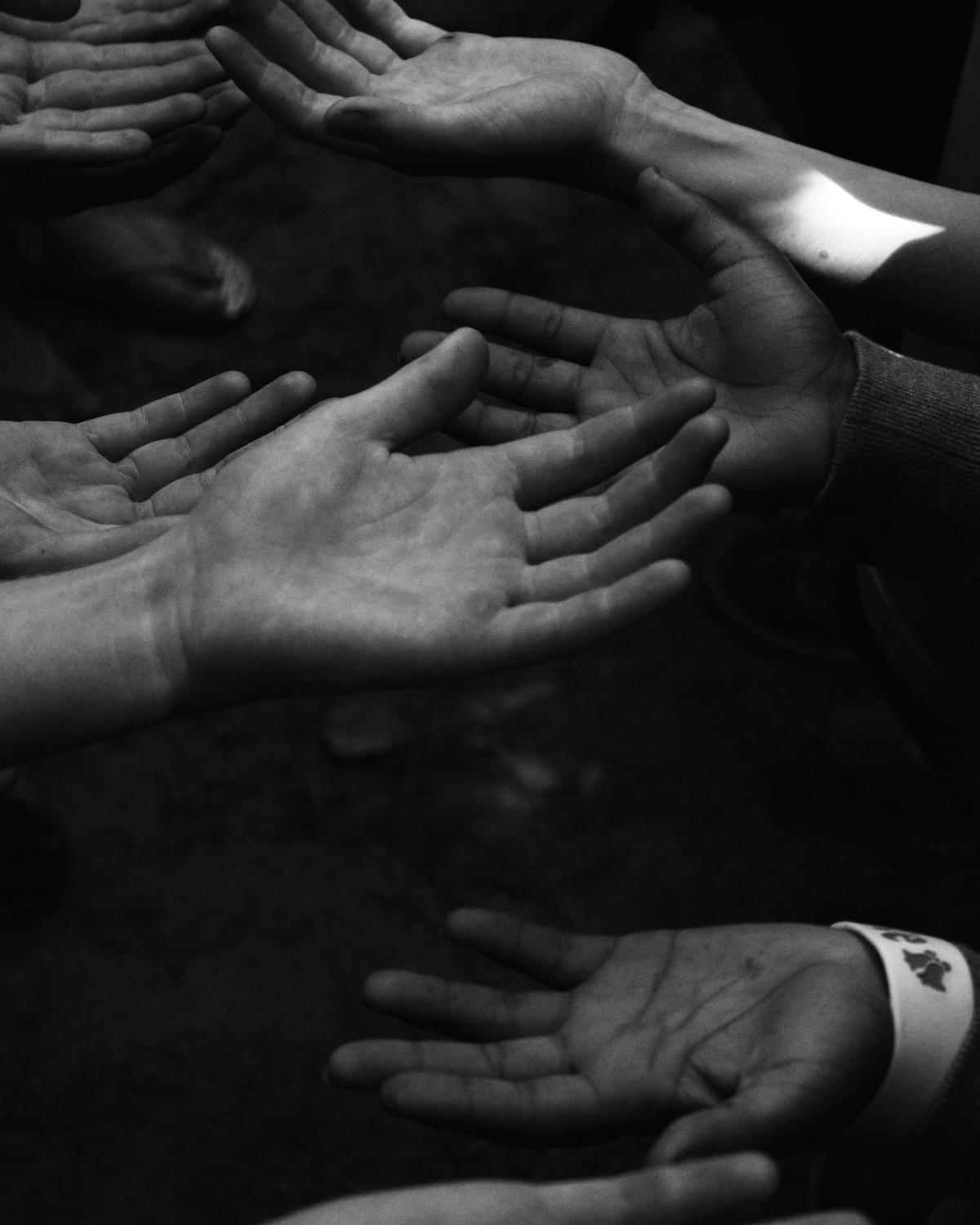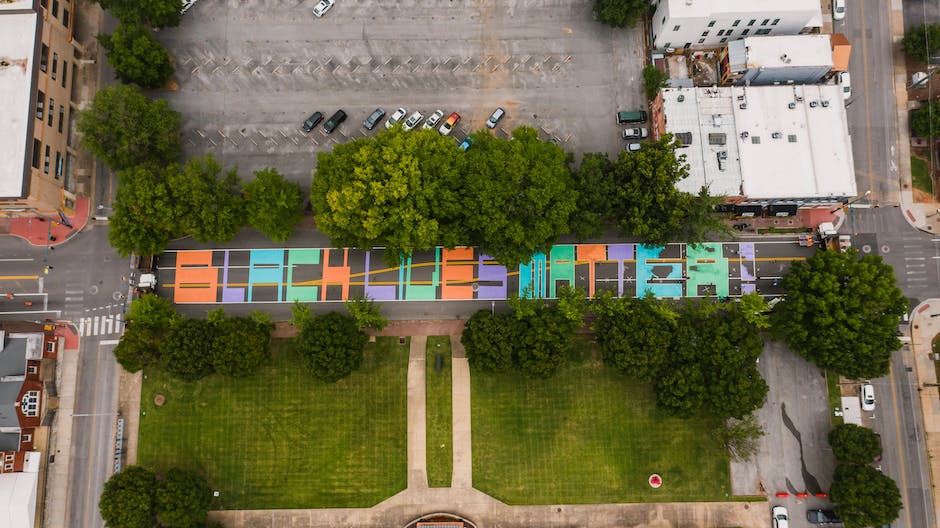The road to fair housing, equal opportunity, and non-discrimination has been long and arduous, with many victories and setbacks along the way. The birth of the Fair Housing Act served as a revolutionary step towards enshrining these principles into national legislature, protecting classes of race, color, national origin, religion, sex, familial status, and disability from being unjustly targeted in the housing market. But the scope of this Act goes beyond its federal jurisdiction, permeating into state laws and practices. Maryland, a state with its own distinct housing laws, serves as a key study in this regard.
Understanding the Fair Housing Act
Understanding the Fair Housing Act
The Fair Housing Act (FHA) was enacted in 1968 as Title VIII of the Civil Rights Act. It prohibits discrimination in the sale, rental, and financing of dwellings, and in other housing-related transactions, based on race, color, nation of origin, religion, sex, familial status, and disability. The FHA was crafted to foster equitable access, eliminate segregation, and protect civil rights.
Federal departments and agencies that are involved in executing the FHA include the U.S. Department of Housing and Urban Development (HUD), the Department of Justice (DOJ), the Office of Federal Contract Compliance Programs (OFCCP), and the Consumer Financial Protection Bureau (CFPB).
Fair Housing Act in Maryland
Maryland law aligns with the FHA regarding these prohibitions. However, it extends these protections further, offering even wider inclusion. The state legislation also prohibits discrimination based on marital status, sexual orientation, gender identity, and ancestry. This expanded coverage showcases Maryland’s dedication to promoting a tolerant and diverse residential domain.
Groundbreaking Rulings and the Fair Housing Act
The Fair Housing Act has resulted in several significant rulings. One noteworthy decision is “Trafficante v. Metropolitan Life Insurance Company” (1972). The Supreme Court ruled that the Act permits any person who fulfills the definition of an “aggrieved person” under the law, regardless of race, to sue for violations of the Act. This broad interpretation opened the courts to a wider range of plaintiffs seeking redress for discriminatory housing practices, further promoting equal housing opportunity in the United States.
The Role of the U.S Department of Housing and Urban Development
The HUD plays a central role in administration and enforcement of the FHA. HUD receives, investigates, and resolves complaints of discrimination, as well as pushes for changes in laws that are inconsistent with the FHA. HUD also provides educational materials and resources for understanding the Act.
Fair Housing in Maryland and Local Organizations
In Maryland, the Commission on Civil Rights is the state agency tasked with enforcing the FHA. In addition to this, various local counties have their own human rights or equal opportunity offices that work to ensure adherence to the FHA within their jurisdictions.
Home Financing and the Fair Housing Act
The FHA forbids lenders from discriminatory practices such as charging more for a mortgage, denying a mortgage, or imposing different terms or conditions based on someone’s race, religion, or other protected characteristics. It is integral to remember this when seeking financing for a home in Maryland or any other state.
Why You Should Understand the FHA
Being knowledgeable about the FHA enables people to identify discriminatory practices and proactively challenge them. This is especially valuable for Maryland residents due to the additional protections accorded by state legislation.
This understanding is crucial for potential homeowners, tenants, and those involved in the housing industry. Familiarity with the FHA, its provisions, and its enforcement mechanisms enhances the fairness and justice in housing practices and policies. This knowledge also promotes a more inclusive and equitable housing market by helping to identify discriminatory practices.

Photo by ellobeastie on Unsplash
Housing Discrimination: Forms and Consequences
The Fair Housing Act: Maryland Edition
The Fair Housing Act, a federal law enacted in 1968 and fortified in 1988, primarily seeks to curb discrimination in housing-related dealings based on race, color, national origin, religion, sex, familial status, or disability. Uniquely, Maryland broadens these protections to encompass marital status, sexual orientation, gender identity, age, and ancestry. Thus, declining to sell, lease, or negotiate for housing based on these grounds is deemed illegal in both Maryland State law and the Federal Fair Housing Act.
Housing Discrimination Examples
For example, a landlord might reject a rental application from a single mother simply because she has a child, which falls under the familial status protection. Or, a property manager might selectively enforce community rules against tenants of certain races, which is a form of racial discrimination.
In another scenario, a housing provider might refuse to make necessary modifications or provide certain accommodations required by a disabled tenant. This is a violation of disability rights under the Fair Housing Act. It’s also illegal if a landlord refuses to rent or sell a house to a person based on their religious beliefs or national Origin.
Discrimination can also be seen in the financing of housing. A bank or other lending institution might unfairly refuse to grant a mortgage loan or provide insurance to the owner of a dwelling based on prohibited factors. Alternatively, they may impose different terms and conditions on the loan, such as higher interest rates, based on the borrower’s protected class.
Penalties for Violating the Fair Housing Act
Penalties for violating the Fair Housing Act can be severe. The U.S. Department of Housing and Urban Development (HUD) is charged with enforcing this act and has the authority to charge violators with fines. These penalties can range from $19,787 for the first violation up to $98,935 for multiple violations. Additionally, violators can be subject to both civil and criminal prosecution, where they may be held responsible for compensatory and punitive damages.
In Maryland, violations of the state’s Fair Housing Act can result in penalties of up to $10,000 for a first-time violation and up to $50,000 if the person has committed one or more discriminatory housing practices within the previous 5 years.
At the least, housing providers, lenders, and real estate brokers and agents potentially risk their professional licenses by engaging in discriminatory practices.
Real-World Examples
Understanding the Fair Housing Act, on a deeper level, can be achieved through the review of actual case studies. For instance, in 2017, a case surfaced about a landlord in Maryland who was found in violation of the Fair Housing Act. This violation occurred due to his participation in unwanted sexual conduct, including inappropriate comments and advances towards his female tenants – a clear example of discrimination based on sex. In a different case, a Maryland condominium board had to agree to a $20,000 settlement payment towards a homeowner. This settlement came after they had tried to prevent her extensive right to keep her professionally trained therapy dog within her unit, which was a violation of her disability rights.
All these real-life examples underscore the absolute necessity, from a personal and societal standpoint, of having an in-depth understanding and strict adherence to the Fair Housing Act in Maryland. This adherence not only aids in preventing harsh penalties, potential legal actions and substantial fines, but importantly, it works towards ensuring that everyone is presented with equal housing opportunities.

Maryland’s Fair Housing Law
Exploring the Fair Housing Act: An Introduction
Enacted in 1968 as a component of the Civil Rights Act, the Fair Housing Act is a vital federal law aimed at combatting discrimination within the housing sector. Initially, the law was formed to protect against housing discrimination based on race, color, national origin, and religion. The successive years saw the law expand to include protection for sex, familial status, and disability. Housing discrimination can take numerous forms, from outright refusal to rent or sell housing, to subtly imposing different conditions, terms, or privileges, all based on these protected classifications.
Unique Aspects of Maryland’s Fair Housing Law
In addition to aligning with federal law, Maryland’s Fair Housing Law includes two additional protections that go beyond those mandated by the Fair Housing Act – marital status and sexual orientation. Beyond its broader range of protected classes, Maryland’s law also extends protections to commercial real estate transactions, while federal law focuses solely on residential real estate.
Enforcing Maryland’s Fair Housing Law
Responsibility for enforcing Maryland’s Fair Housing Law is shared between two bodies: the Maryland Commission on Civil Rights (MCCR) and the Office of the Attorney General. The MCCR is primarily responsible for handling complaints, conducting investigations, and seeking resolutions for victims of housing discrimination. If you believe you’ve been discriminated against in housing due to any of the protected classes, you can file a complaint with the MCCR.
In addition, the Office of the Attorney General takes on a broader role in educating the public about fair housing laws. They also conduct audits and engage in advocacy efforts to promote fair housing throughout the state.
Unique Efforts to Curb Housing Discrimination in Maryland
In addition to the MCCR and the Office of the Attorney General, there are state-specific programs and initiatives that reflect Maryland’s commitment to fair housing. One example is the Maryland Mortgage Program, which offers affordable home loans and down payment assistance to first-time homebuyers. This program is designed to provide opportunities to residents who may be facing housing discrimination.
Incarceration and Housing in Maryland
Maryland is one of the few states that has faced a significant issue with discrimination based on a person’s criminal history. In 2019, the state passed the HOME Act, which prohibits housing discrimination based on source of income. This can include discrimination against those with a criminal record. While the HOME Act does not specifically mention those with a criminal record, it paves the way for greater housing access for individuals returning from incarceration.
A Brief Summary
In aiming to provide equality in housing, Maryland’s Fair Housing Act extends beyond the protections of the federal version. It not only mirrors the federal act but also includes more safeguards against housing discrimination. These protections cover a wider range of classes and leverage unique bodies for enforcement. The act proves Maryland’s commitment to reducing housing discrimination and promoting access to affordable housing by consistently implementing new legislation and introducing programs.

Photo by shanerounce on Unsplash
Fair Housing Resources in Maryland
Clarifying the Fair Housing Act in Maryland
The federal Fair Housing Act prevents any form of discrimination in buying, renting, or securing housing finance based on factors like race, color, religion, national origin, sex, disability, and familial status.
Maryland takes this a step further by adding additional protections against discrimination based on marital status, sexual orientation, gender identity, and familial status. These improvements aim to ensure a fair housing market for all residents, free from unjust biases or prejudices.
Know Your Rights
To safeguard your housing rights in Maryland, it’s crucial to understand what constitutes housing discrimination. Knowing your rights can equip you with the information you need to identify possible discriminatory actions. For example, if a landlord is refusing to rent to you because of your nationality, or a real estate agent is steering you away from a specific neighborhood based on your race, these are discriminatory acts and are illegal under the Fair Housing Act.
How to Report a Violation
If you believe that your rights under the Fair Housing Act have been violated, you can report it to the U.S. Department of Housing and Urban Development (HUD). Alternatively, you can also report to the Maryland Commission on Civil Rights. These agencies are responsible for investigating complaints and enforcing the Fair Housing Act.
Legal Assistance in Maryland
Maryland Legal Aid is an organization that offers free legal advice and representation to Maryland residents who have experienced housing discrimination. Maryland Volunteer Lawyers Service is another organization that provides free legal help to eligible inhabitants facing discrimination.
Other Resources
The Homeless Persons Representation Project, for instance, also provides free legal services for homeless individuals facing discrimination. Other Maryland organizations to note are the Public Justice Center and the ACLU of Maryland, both of which can serve as advocates in fair housing cases.
Finally, you can also seek help from the Equal Rights Center in Washington D.C., which works closely with Maryland. Moreover, some county governments in Maryland, such as Montgomery County and Prince George’s County, have their own human rights commissions that handle local discrimination complaints.
Understanding Fair Housing Rules
It’s essential to educate yourself about the Fair Housing Acts’ rules and guidelines. Knowledge is power, and understanding these rules can help keep you protected. HUD offers online training and resources to provide essential insights.
Whether it’s seeking legal representation, lodging a complaint, or simply learning more about the Fair Housing Act laws, a wide range of resources is available. It’s crucial to bear in mind that no one deserves to face housing discrimination, and there are organizations and protections in place to ensure everyone has a fair chance at housing without being subjected to undue bias, prejudice, or injustice.

Discrimination, particularly when it comes to something as essential as housing, is a violation of personal rights and human dignity. Understanding and standing up against such bigotry is not merely a legal requirement, but a moral obligation that each of us must shoulder. To aid in this endeavor, the state of Maryland provides numerous resources —ranging from law enforcement agencies to social organizations where victims can report instances of discrimination or seek legal recourse. These resources serve as a beacon of hope for those whose rights have been denied, promoting inclusivity, equality, and justice within the housing landscape of Maryland.
